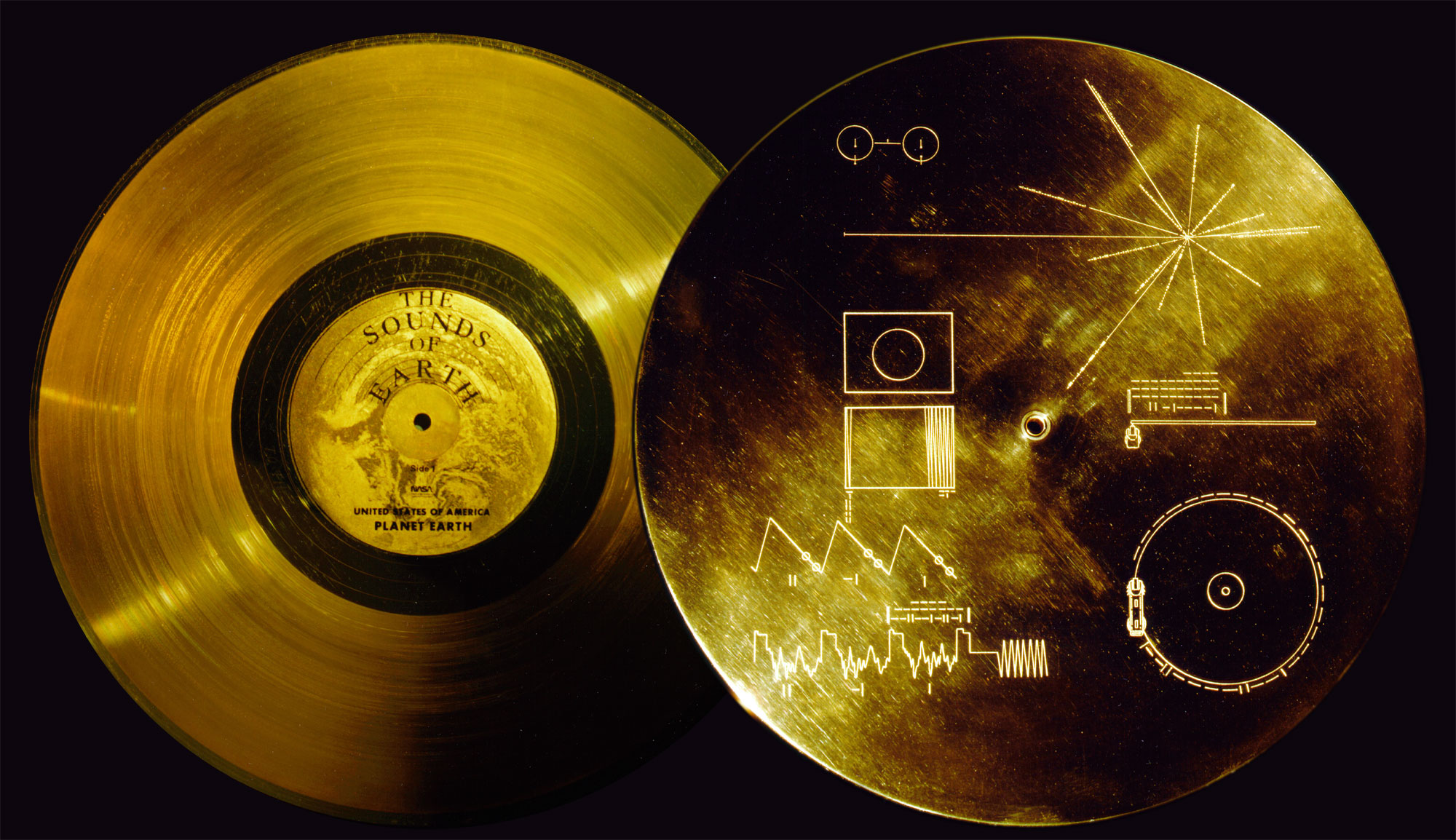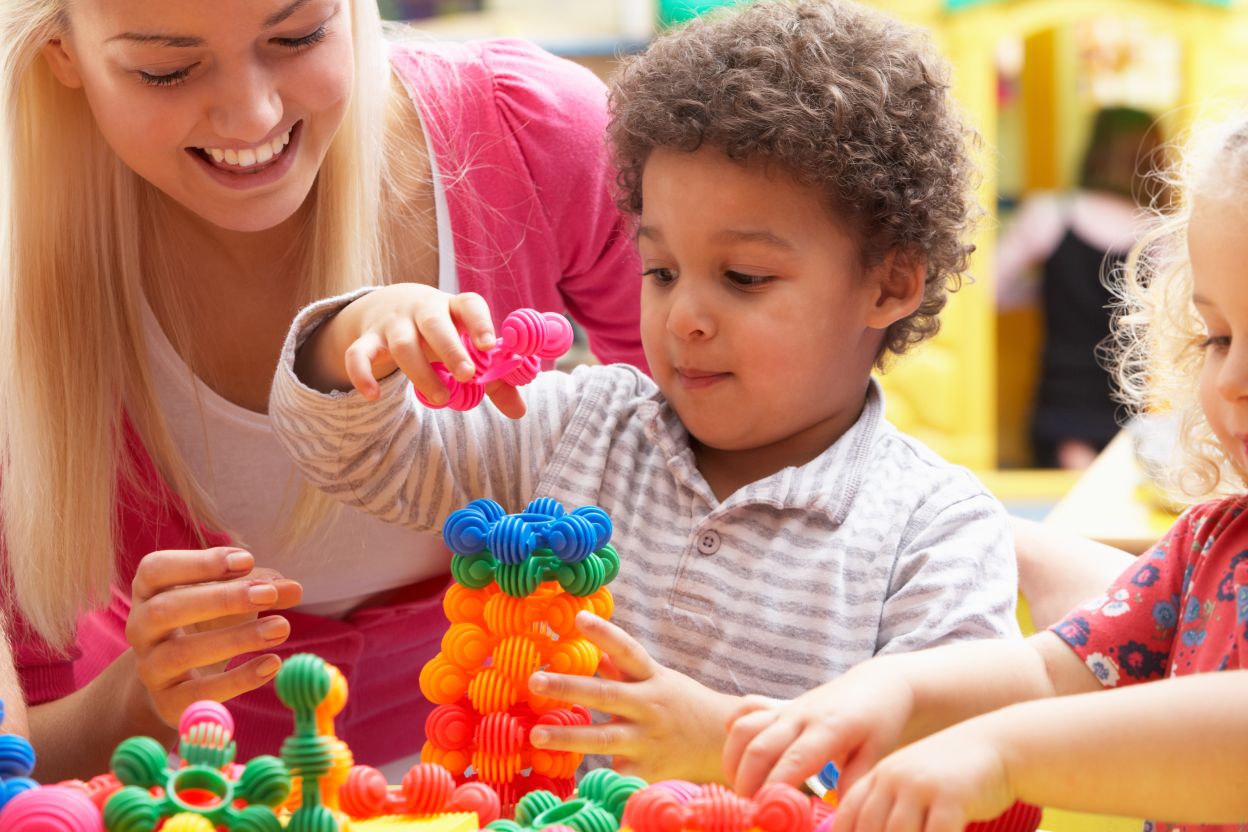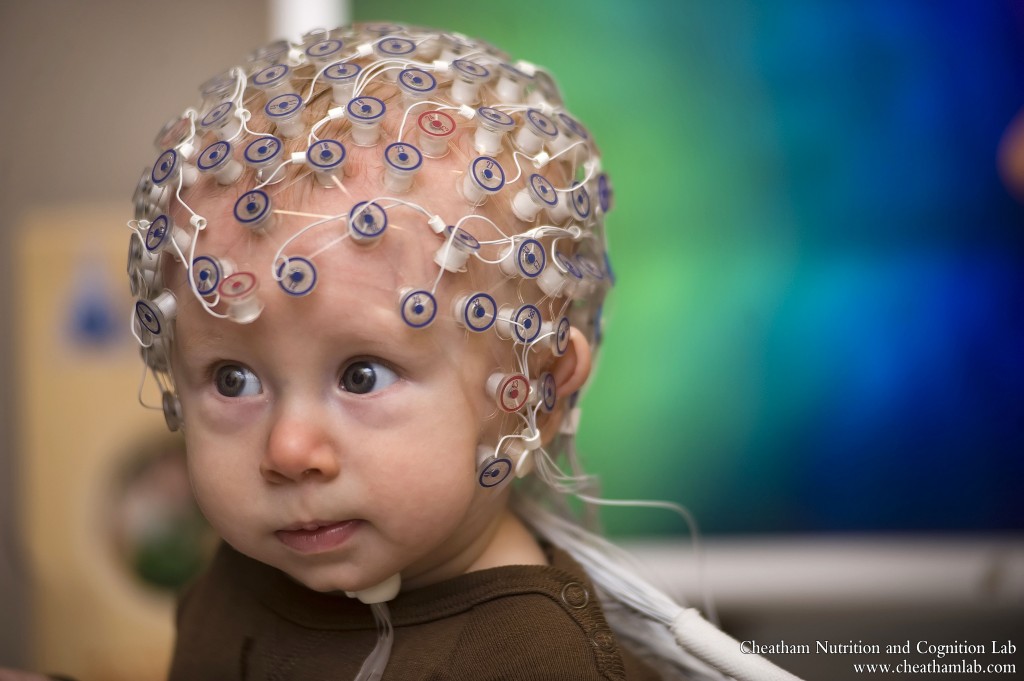Geek-Out Alert! This post is where the geeks glove come off, as they say. I am about to becoming an unapologetic, unabashed geek about one of my all time favorite topics: the crazy sounds of the world’s languages. As you might imagine the clinical founder of Speech Buddies, a revolutionary, evidence-based tool set for treating speech sound disorders, has a deep interest in phonetics. Phonetics is the branch of the social science of linguistics that studies how sounds are produced, where the tongue is placed, how it moves during speech and how the air flow is shaped. I will come out right now and admit that on down time, when my kids are asleep and I finally have an hour to myself, I will actually listen to clips of speakers of some of the world’s most fascinating and (let’s call them crazy) languages. I wanted to share some of these exquisite examples of the human sound production system and perhaps to spark an interest in you for yet another wonder of nature.
Speech Evolution and the Origin of Language — or Why Humans are Awesome
NewsHow did we, as humans, come to dominate the earth? I fundamentally believe that the core reason our species is top dog, so to speak, is our ability to communicate complex thought processes with one another very efficiently. We are not the fastest species on earth; we are certainly not the strongest; and the pets we have in our homes generally have more acute senses than we do. Yet we have this ability, unique in nature, to speak. This has allowed us to master the art of cooperation and in turn, to exploit natural economies of scale. From an evolutionary standpoint, these complementary skills for communication — one a cognitive skill (language) and the other a motor skill (speech) — are a tour-de-force of coordinated systems. Speech evolution and the origin of language may not be something you think about everyday, but read on to understand why you are even more awesome than you realized.
What’s your Learning Style? New Science behind s-sound Articulation
Pronunciation & Lisps Speech Therapy TechniquesOur Seal Speech Buddy took center stage in a recent study published in the Pennsylvania Speech & Hearing Association journal, and the results are in. After only 4 hours of speech therapy, students using Speech Buddies were pronouncing 75% of their s-sounds correctly while students using traditional visual and auditory cues, pronounced only 45% of their s-sounds correctly.
Turns out, the secret to s-sound articulation is “learning styles.”
Continue reading
Supporting the Science of Speech: 10 Ways to Involve Your Child in Research
NewsHow do children learn new words?
What is the risk of a sibling developing Autism?
If you follow the news headlines you likely already know that developmental research- the science of how children learn and change overtime- is booming. In addition, the causes and implications of developmental disabilities- why some children develop disorders and some do not – is even more dynamic. If you have ever considered involving your child in research, now is the time. Participating in research can be a fun and exciting experience for children of all ages and takes place all over the country. Clinical practices and methods in speech pathology rely heavily on research into how the normal brain and disordered brain works. Child scientists are vital to our communities and can help shed light onto the most pressing developmental issues and help improve speech therapy techniques.




